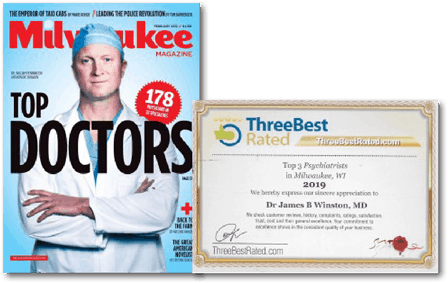Depression Treatment
Our skilled professionals treat people of all ages who have or suspect they have depression. Starting with an initial evaluation and ending with a treatment plan to meet your specific goals, we can help you take back control of your mental health.
Depression can have a profound effect on your mental well-being and relationships. We learn about what you are struggling with, your short term and long term goals and create a customized treatment plan to help you achieve them.
At American Behavioral Clinics (ABC), recovery is possible.

We Treat Depression Together
We know that treatment for depression cannot be approached with a one-size-fits-all treatment plan. We work with you to discover what your symptoms are and develop a treatment plan that you can follow given your lifestyle, maximizing the likelihood of recovery. We have a variety of treatment combinations to help you – these services include medication management, individual, family and group therapy.
Advanced Treatment Options For Depression
We offer a comprehensive array of programs and to customize a treatment plan for your specific needs.

Featured in Milwaukee Magazine and voted in the top 3 of Milwaukee’s best psychiatrists.
Our Depression Therapists, Psychologists & Psychiatrists
Our team represents a group of personable, warm, and compassionate specialists who all share a similar passion for people. Each member brings their own unique perspective and skillset to offer everybody a pathway to healing, strength and their BEST self.
Board Certified Psychiatrists
Psychiatric Nurse Prescribers
Psychologists
Licensed Clinical Social Workers
Licensed Professional Counselors
Recent Blog Articles
Spring’s Arrival Affects Mental Health
While many people look forward to [...]
Do You Need More Sunshine in Your Life?
As we roll into the middle of spring, we [...]
Depression Symptoms- What to Look For
Depression is a mental health disorder characterized by a [...]
Sad in the Spring? What To Do When Spring Brings Showers of Sadness
While the Winter is often associated with Seasonal Affective [...]
Can Depression Cause Headaches?
Yes, depression can indeed cause [...]
How to Have Fun When You Don’t Feel Fun
Some folks have fun down to a science. They work [...]
Existing Patients and New Patients, Call us to schedule an appointment, get a prescription refill or just to ask a question:
New Patients ONLY - Want to contact us through a form? CLICK HERE to fill out our contact form.
























